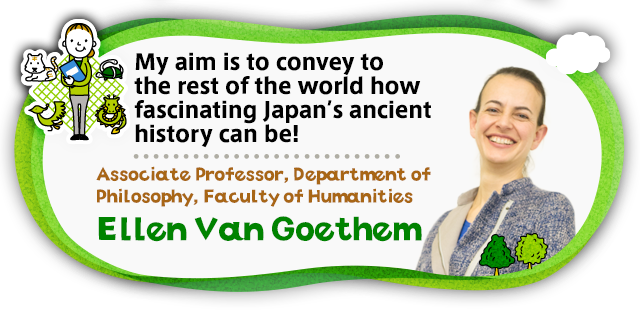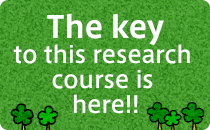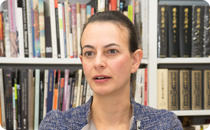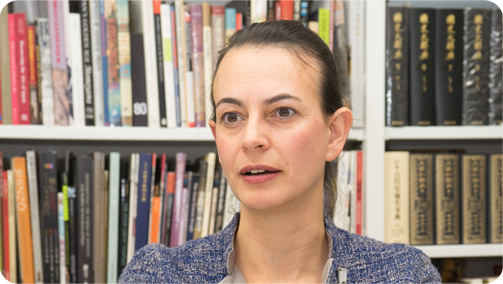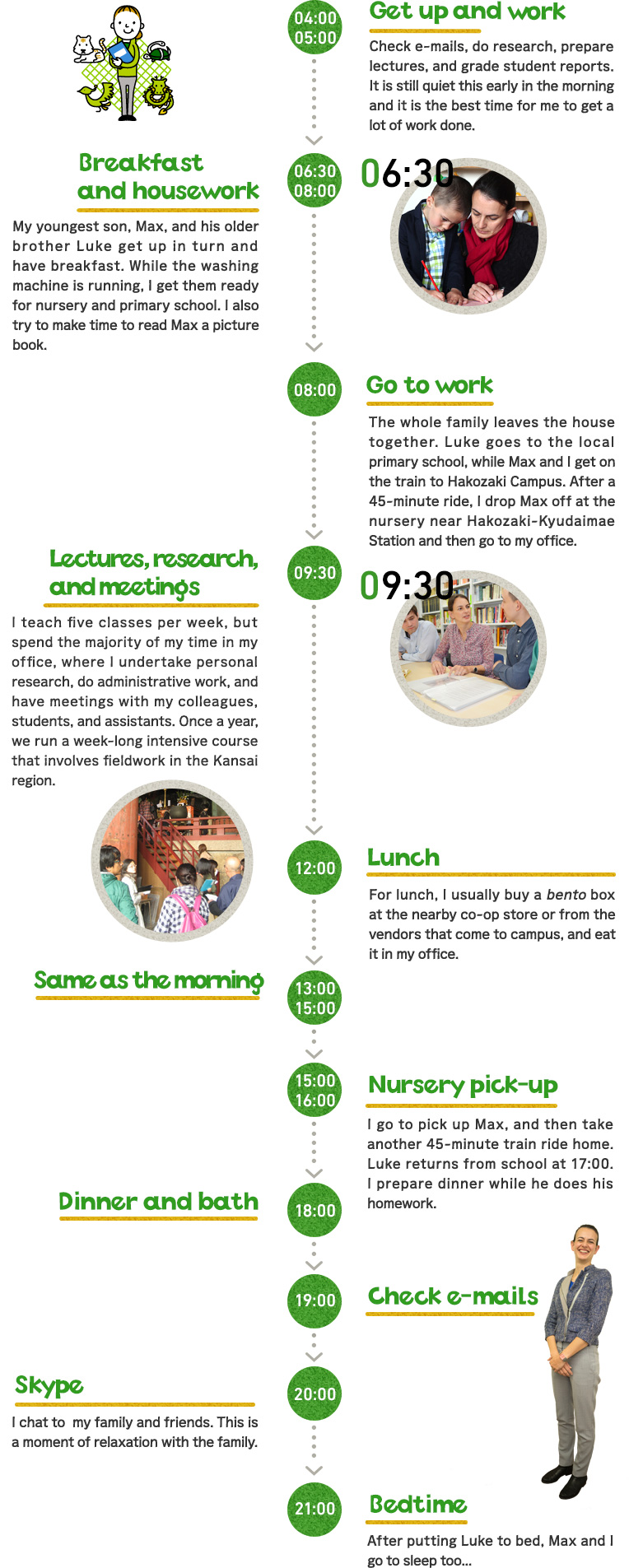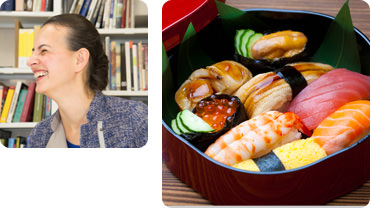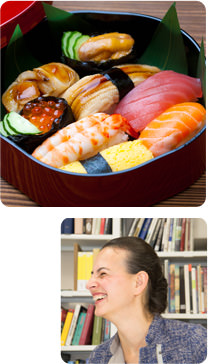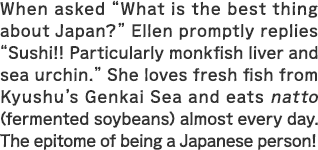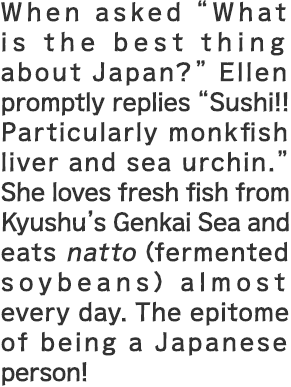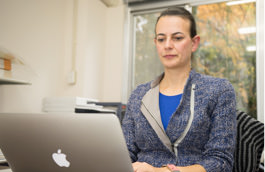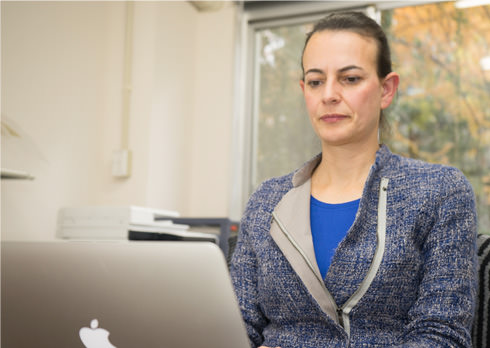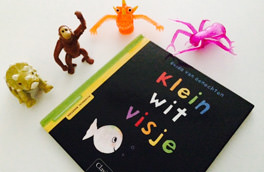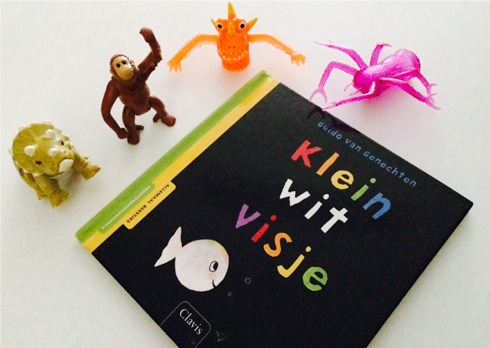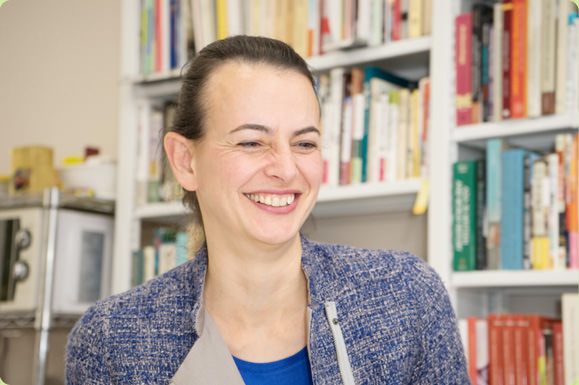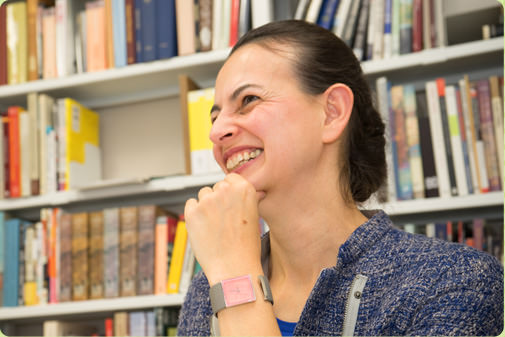
I specialize in ancient history, a period of radical changes within the Japanese archipelago. Within this broad field, my primary interest concerns the Nagaoka capital, which was the topic of my doctoral dissertation. The Nagaoka capital was constructed in the late eighth century at the command of Kanmu Tennō, and existed for only a decade before being relocated to Heian (ancient Kyoto). Recent excavation projects have revealed much that was previously unknown about this ancient capital’s layout. Moreover, the inscribed wooden tablets (mokkan) unearthed from the city’s remains provide us with an even more detailed view into the past. In 2008, my doctoral dissertation was published as a book titled Nagaoka: Japan’s Forgotten Capital.
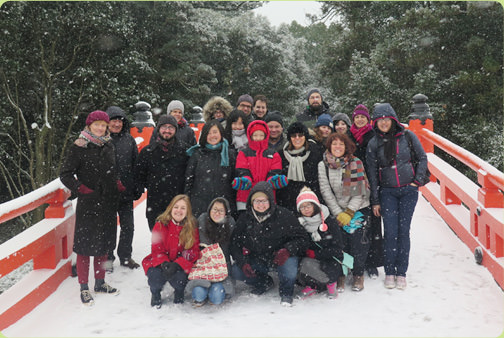
My current research project focuses on the concept of “correspondence to the four deities” (shijin sōō). The term shijin (“four gods”) refers to the guardian deities of the four directions; the Azure Dragon which protects the east or left of a site, the White Tiger which protects the west or right, the Vermillion Sparrow which protects the south or front, and the Black Turtle-Snake which protects the north or back. From ancient times, people built their residences, temples, shrines, and many other structures in areas where the topography and geographical features were deemed the most appropriate for the four gods. The concept of shijin sōō is part of fengshui culture, which originated in ancient China and spread via Korea to Japan. In each area, however, fengshui beliefs and practices are slightly different. My research focuses on site selection, and I try to answer the question, “Why was this city, house, or temple constructed here?” Moreover, as part of this research project, I examine site divination practices throughout pre-modern East Asia in addition to ancient and medieval Japan.
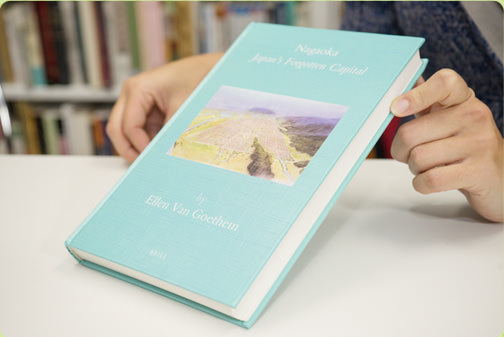
At the graduate level, I teach in the International Master's Program (IMAP) and International Doctorate(IDOC) in Japanese Humanities, graduate courses that focus on pre-modern Japan. They are targeted at Japanese and overseas students, and the classes are conducted in English. The programs covers a wide variety of humanities subjects related to Japan and its position in Asia, including history, visual culture, religious studies, history of ideas, and pre-modern languages. After graduation, many of our students move on to do research at highly regarded universities around the world. We also invite many scholars to give lectures and teach intensive courses, and consequently the programs have been attracting a great deal of attention.


Nowadays, we can still see the influence of fengshui and the concept of “correspondence to the four deities” in Japan. For example, when the chief priest of the Tenmangū shrine in Dazaifu recites the Shinto ritual prayer at the rice-planting festival, he invokes the four deities. But wait, if the idea of the four deities came from Chinese culture, why is it being worshipped at Japanese Shinto shrines? As a foreigner, when I see how entrenched these ideas are in contemporary Japanese culture, it fills me with great astonishment. Even if a Japanese person and a foreigner are working on the same research topic, they will proceed from different backgrounds and, in my case, having an external point of view can lead to different approaches and discoveries. For me, the most enjoyable aspect of research is the pursuit of answers to the question WHY? I try to approach this question from a broad perspective, making comparisons with European cultures while also taking into account Asian cultures.
![]()
![]()




